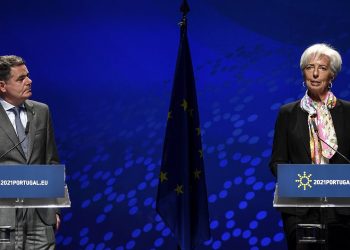The question of how to tax the digitalised economy has been high on the political agenda over the past year. The directives presented by the European Commission in March 2018 did not receive sufficient support at the ECOFIN Council meeting in December. The focus is now on the OECD who is expected to present a report in 2020 with the aim of receiving global consensus. As presented at the Inclusive Framework meeting in January, the Organisation for Economic Co-operation and Development OECD work is based on three different approaches:
- The marketing intangibles approach, recommended by the USA, according to which a company’s profit should be allocated to a market jurisdiction based on investment in marketing intangibles in that jurisdiction. This is a broad approach affecting all companies and not only those with digital services.
- The user participation approach, recommended by the UK, stating that profits should be allocated based on the location of users that interact with digital companies. This approach targets only companies with digital services.
- A global minimum tax, recommended by Germany and France, based on the GILTI provision in the US tax law. This approach is viewed as an add-on to the first two.
Copenhagen Economics will present a study on how the marketing intangibles approach will affect small export-oriented countries. The panel will then give their views on the pros and cons of the user participation and marketing intangibles approach.
Date: Tuesday, 19 February 2019 14:00 – 16:00
Venue: BUSINESSEUROPE, Adenauer Room
14.00 – 14.10 Introduction by Krister Andersson, Chairman of the Tax Policy Group, BUSINESSEUROPE
14.10 – 15.00 Presentation by Sigurd Næss-Schmidt, Copenhagen Economics
15.00 – 15.30 Panel discussion moderated by: Krister Andersson
With: Ministry of Finance (tbc)
Georg Geberth, Global Tax Policy Director, Siemens
Sigurd Næss-Schmidt, Copenhagen Economics
15.30 – 16.00 Debate
OECD
The Organisation for Economic Co-operation and Development is an intergovernmental economic organisation with 36 member countries, founded in 1961 to stimulate economic progress and world trade.
EU Debates! You?
Your opinion counts!















